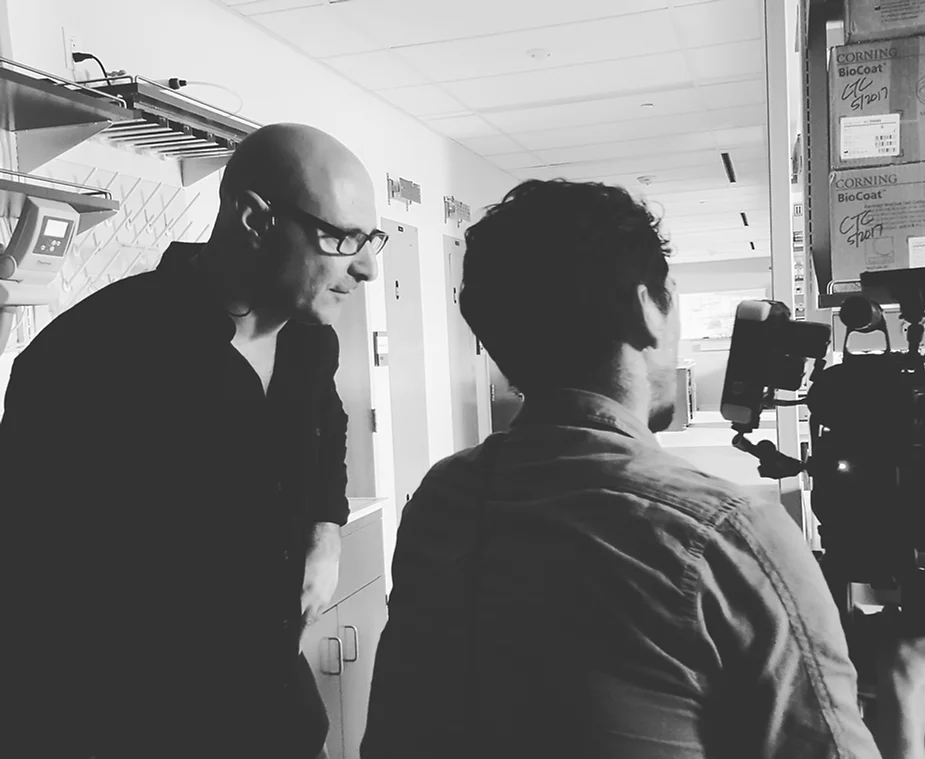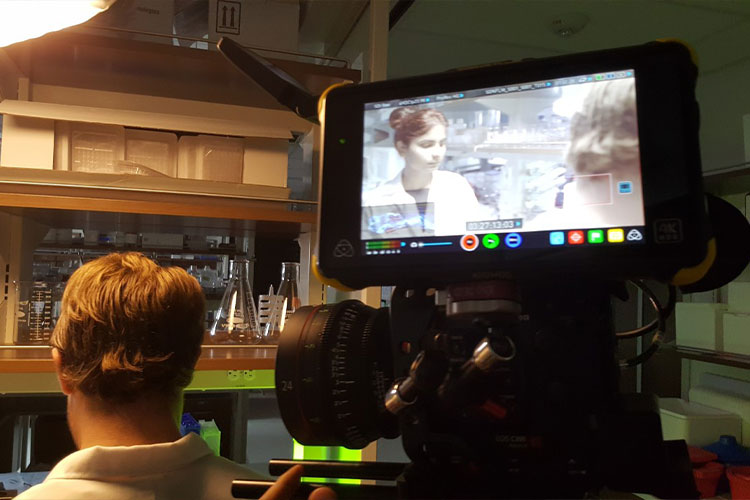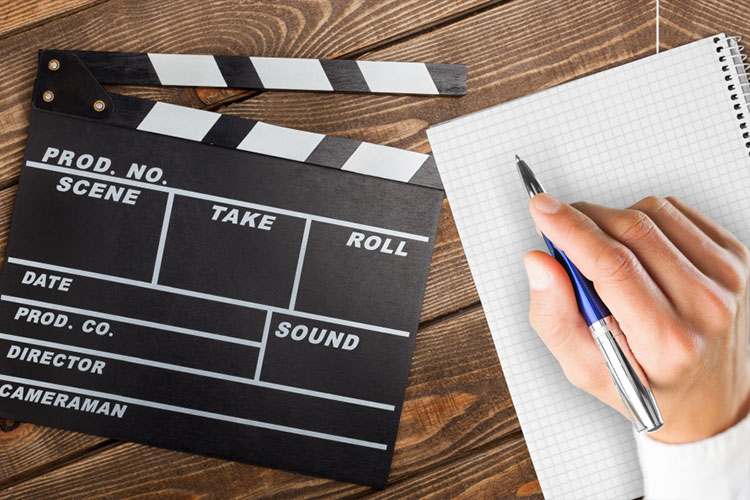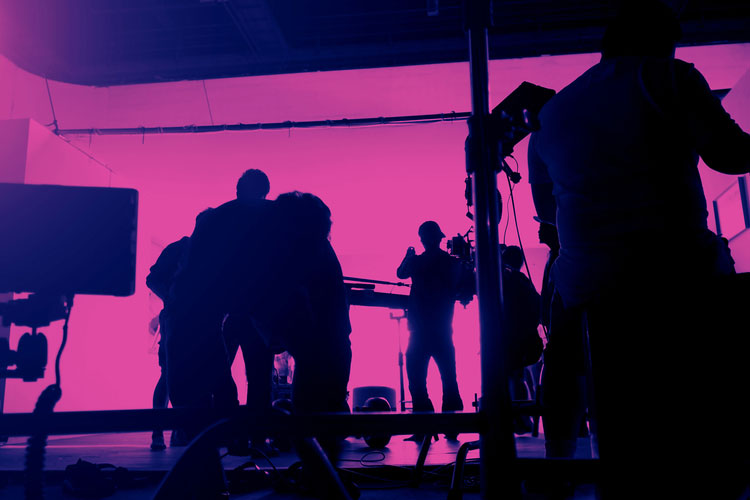Use these tips to sharpen your interview skills.
Documentary filmmaking can be extremely rewarding because it has an ingenuity that fiction doesn’t, but the challenge lies in figuring out the puzzle that is the story in front of us. Creating a compelling narrative stems from being able to extract the emotions from the on-camera interviews to move our audience.
Being a documentary filmmaker is challenging. It requires knowledge about human nature, and to do it well, you must develop a sensibility for people, their energy, and their emotions. You do that by being around as many people as possible. You must be very observant and make emotional notes of your experiences. If you don’t, your challenge becomes much bigger.
Whether narrative or documentary, every story has characters, and stories are driven by those characters. At the core of documentary filmmaking are the testimonials or a documentary interview that are the driving force of the story. The more captivating and emotional the characters are, the more the audience is engaged.
Aa documentary interviews are one of the most challenging tasks because you have to take the on-camera talent to a comfortable place where they will eventually open up and become vulnerable. More often than not, you are dealing with real people who might have little to no experience, or people who are not used to expressing themselves on camera.
How do we reach our talent so that they return with a great performance?

Don’t let the gear interfere
Above all, you must ensure the technical aspect of your shoot is on point and ready to go because when there are hiccups, it prolongs the anticipation or anxiety of the talent. Once the technical workflow has been established, there are a few different things we can do to overcome these obstacles.
Know who you’re interviewing
The first tip is to know as much as possible about who you are interviewing. Hopefully, your producer (or you, if you are producing as well) has vetted and researched the interviewee so that you can learn as much about their lives as you possibly can. Every person has a story to tell or something that has shaped their life and made them who they are today. Everyone has reasons for why they do what they do. You need to get as close to that as possible in order to know them more and to be able to dig into their emotions. Show them you care. Show them that telling their story is the only thing that matters.
Be Relatable
People will always respond better when they can relate to someone. Reach out to them ahead of your shoot and based on the information you already have, try to find something in common. If it’s warranted, give them a preview of what the interview will look like and the details that matter to you. This way they know what to expect. Remember, the goal is to get a great interview.
Lighten the Mood
Whenever possible in the documentary interview, be funny. Laughter is a great antidote for stage fright and to make your talent feel at home.
Converse
Try using talking points instead of questions. I prefer developing talking points versus questions because they allow for more flexibility and the talent does not feel boxed in.
Be Patient
If you are not patient, chances are your interview won’t go the way you want it to.
Shooting Day
On filming day, break the ice with small talk. Keep them engaged and go over what you have talked about with them previously. When doing a documentary interview, you need to get to the emotions and you can simply do that by asking them what prompted them to make a decision and how it made them feel. Try to use analogies, or put yourself in their shoes. Talk about feelings. Empathize. Sometimes it’s good to dig into the reasons why we do what we do and open up to them.
I once was doing a piece for a university and I had to get emotions out of a set of parents visiting the university whose kids had already been accepted. I didn’t have a lot of time in between sets and representatives for the university wanted tears of joy on camera… and, mind you, these were people who had never been on camera before.
In this case, I had not received any information on them other than the city they were from, their ethnicity, and age. After a few mins into the interview, I wasn’t getting much and I switched tactics. I began to talk about children and the sacrifices we make as parents. How coming to a new city, to a new school, must be scary for all involved. How worried we are for their well-being, especially given that for most kids college is the first real detachment from home. Doing that created a relatable connection, and once I broke through, they began to open up.
Final Thoughts
Generally, you can apply these principles across the board regardless of the subject matter. You just need to use your common sense and sensibility towards other people’s lives and experiences. With time comes experience, and with experience, your senses will become sharper, allowing you to dial yourself into any documentary interview situation.



